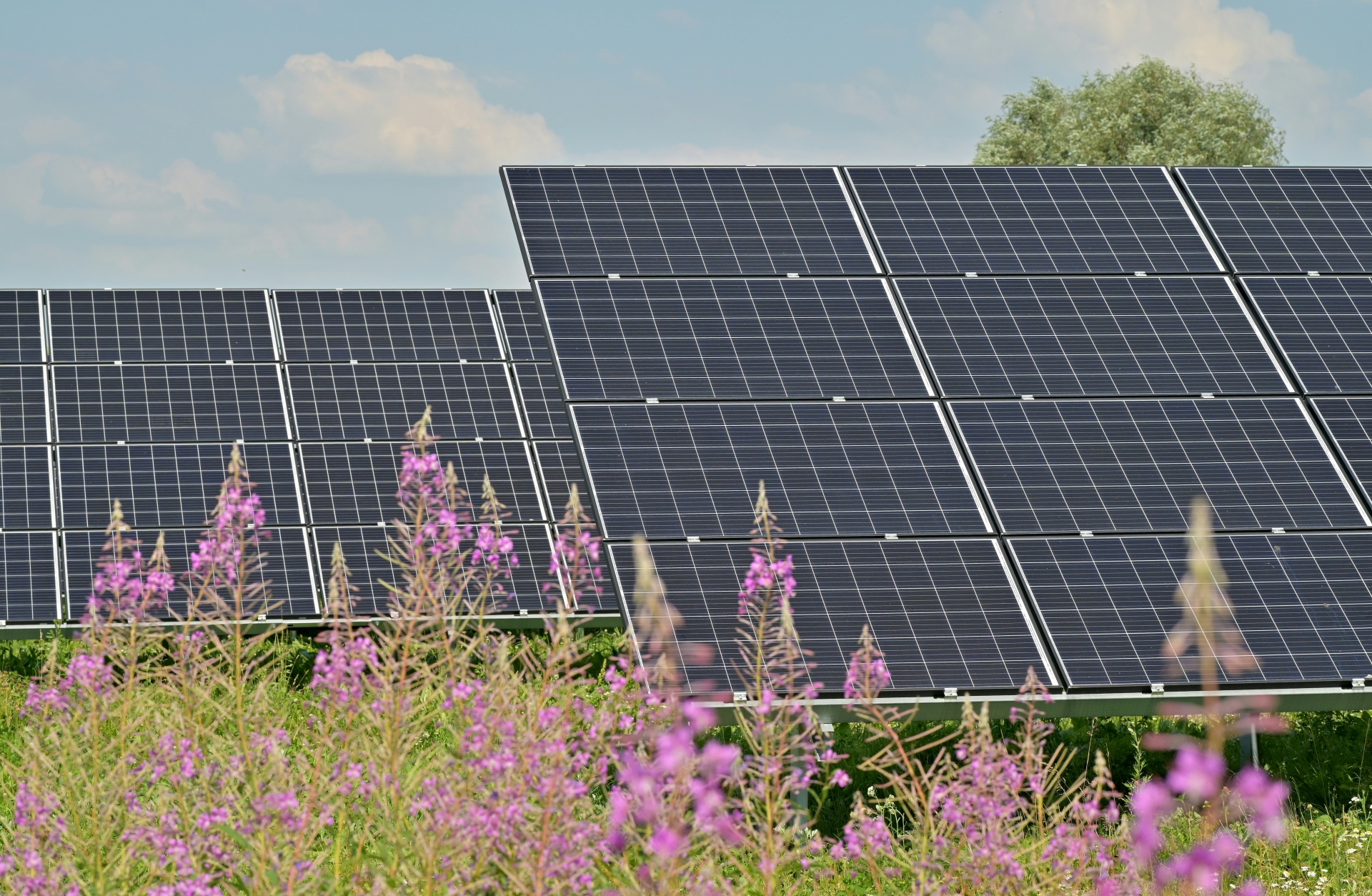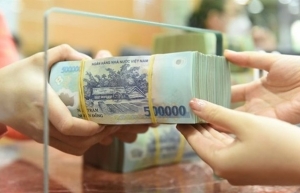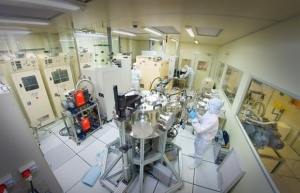Commerce chamber advocates power purchasing agreement, bypassing state utility EVN
 |
The Ministry of Industry and Trade (MoIT) has drafted a Direct Power Purchase Agreement (DPPA) decree, offering two models. One involves purchasing through private lines, and the other through the national grid, facilitated by EVN. This scheme would involve suppliers from renewable energy plants, including wind and solar, with capacities exceeding 10 megawatts if grid-connected, or without any capacity limitations for transactions over private lines.
A VCCI spokesperson emphasised the benefits of the proposed DPPA mechanism, stating, "It aims to effectively bridge the gap between supply and demand in renewable energy."
This initiative could rejuvenate numerous renewable projects that are currently languishing due to outdated feed-in tariff (FIT) pricing. It would also enable manufacturers, particularly exporters to developed countries, to meet their Environmental, Social, and Governance (ESG) obligations within their supply chains.
The VCCI contends that the impact of direct transactions via private lines on the national electricity system would be negligible. Therefore, it is advocating for the expansion of this initiative to include not only large electricity consumers but all interested parties.
According to Vnexpress, Thai Nguyen Department of Industry and Trade has also called for a wider application of the policy. They pointed out that many rooftop solar installations are operational yet remain disconnected from the national grid due to the absence of clear regulatory guidance.
"Allowing these systems to sell directly to nearby consumers would reduce pressure on the electricity sector," commented a department spokesperson, noting that this would also minimise waste for owners of these systems.
Given the minimal system impact from transactions over private lines, the VCCI argues that aligning power source projects with national planning is unnecessary, so provisions are needed to prevent feedback into the grid.
The draft also requires that customers engaging in direct purchases invest in electrical infrastructure and manage their own operations. The VCCI suggests that these responsibilities could be subject to negotiation, potentially lying with the power generator or the customer, depending on the agreement.
The introduction of the DPPA model has been consistently advocated by foreign investors in Vietnam, who believe it would positively influence the energy sector's competitiveness. Large corporations such as Samsung, Heineken, and Nike, with average monthly consumptions well over 1,000,000 kilowatt-hours, are keen to participate.
According to a survey by the MoIT, about 20 large enterprises have expressed interest in direct power purchasing, demonstrating a combined demand of nearly 1,000MW. Furthermore, 24 renewable energy projects with a total capacity of 1,773MW are eager to sell electricity through the DPPA, with 17 additional projects contemplating participation, summing up to 2,836MW.
 | VCCI proposes zero tax rate to be maintained for exported services The Vietnam Chamber of Commerce and Industry (VCCI) has proposed a zero-value added tax (VAT) rate to be maintained for exported services, over worries that tax hikes would undermine the competitiveness of Vietnamese providers against foreign rivals. |
 | VCCI calls for greater support for R&D costs of FDI firms The Vietnam Chamber of Commerce and Industry (VCCI) has proposed increasing the support for research and development (R&D) costs to over 50 per cent for foreign direct investment (FDI) businesses, it said in policy feedback requested by the Ministry of Planning and Investment. |
What the stars mean:
★ Poor ★ ★ Promising ★★★ Good ★★★★ Very good ★★★★★ Exceptional
 Tag:
Tag:
Related Contents
Latest News
More News
- Trung Nam-Sideros River consortium wins bid for LNG venture (January 30, 2026 | 11:16)
- Vietnam moves towards market-based fuel management with E10 rollout (January 30, 2026 | 11:10)
- Envision Energy, REE Group partner on 128MW wind projects (January 30, 2026 | 10:58)
- Vingroup consults on carbon credits for electric vehicle charging network (January 28, 2026 | 11:04)
- Bac Ai Pumped Storage Hydropower Plant to enter peak construction phase (January 27, 2026 | 08:00)
- ASEAN could scale up sustainable aviation fuel by 2050 (January 24, 2026 | 10:19)
- 64,000 hectares of sea allocated for offshore wind surveys (January 22, 2026 | 20:23)
- EVN secures financing for Quang Trach II LNG power plant (January 17, 2026 | 15:55)
- PC1 teams up with DENZAI on regional wind projects (January 16, 2026 | 21:18)
- Innovation and ESG practices drive green transition in the digital era (January 16, 2026 | 16:51)




















 Mobile Version
Mobile Version